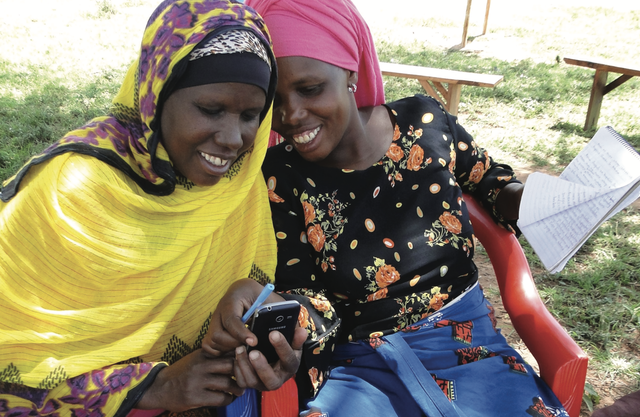
Information and Communication Technology for Development (ICT4D) has the potential to play a significant role in improving social and economic development in Tanzania.
The country has made significant progress in recent years in expanding access to ICT, and has the potential to leverage this progress to achieve broader development goals, such as improving access to education, healthcare, financial services, and more.
By prioritizing ICT4D and investing in the development of the ICT sector, Tanzania can take advantage of the many opportunities that technology offers for creating a more connected and inclusive society, where everyone has access to the tools and resources they need to succeed.
ICT4Edu in Tanzania
ICT can be used to provide more and better quality education to students, particularly in rural and remote areas where access to education is limited.
For example, online learning platforms can be used to provide students with access to educational resources and support from teachers and other educators, and mobile learning apps can be used to deliver educational content to students who do not have access to computers or the internet.
In addition, ICT can be used to support teacher training and professional development, which can help to improve the quality of education in the country.
Digital Health in Tanzania
ICT can be used to support the delivery of healthcare services, particularly in rural and remote areas where access to healthcare is limited.
For example, mobile health (mHealth) solutions, such as text messaging and mobile applications, can be used to provide health information and support to individuals and communities, and to connect patients with healthcare providers.
In addition, telemedicine technologies can be used to connect healthcare providers with specialists for consultations and diagnoses, and to support the delivery of care to patients in remote areas.
AgriTech in Tanzania
ICT can be used to improve productivity and increase the competitiveness of farmers and other agricultural stakeholders.
For example, ICT can be used to support the development of new and more efficient farming practices, and to provide farmers with access to market information and other important data, such as weather forecasts and commodity prices.
In addition, ICT can be used to support the development of agribusinesses, by providing access to financial services, such as mobile banking, and by connecting farmers and other stakeholders with suppliers and buyers.
Digital Financial Services
ICT can be used to increase access to financial services, particularly for people in rural and remote areas who do not have access to traditional banking services.
For example, mobile banking and other digital financial services can be used to provide individuals and small businesses with access to financial services, such as savings, loans, and insurance.
In addition, ICT can be used to support the development of microfinance institutions and other organizations that provide financial services to people in low-income communities.
eGovernment in Tanzania
ICT can be used to support the development of a more transparent and accountable government in Tanzania.
For example, ICT can be used to improve the delivery of public services, such as health and education, and to increase transparency and accountability in the use of public resources.
In addition, ICT can be used to support citizen engagement and participation in the democratic process, by providing access to information and opportunities for dialogue and feedback.











